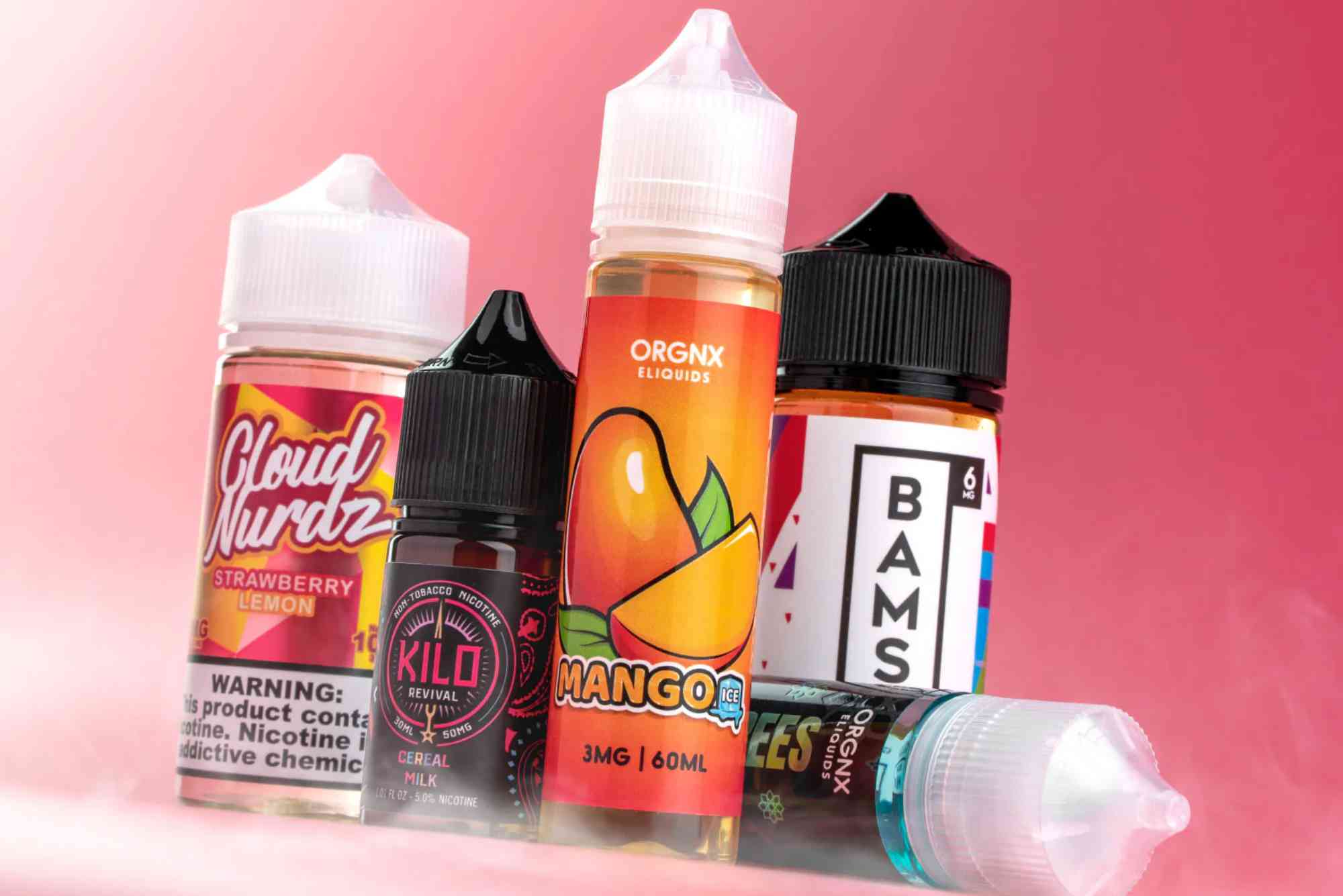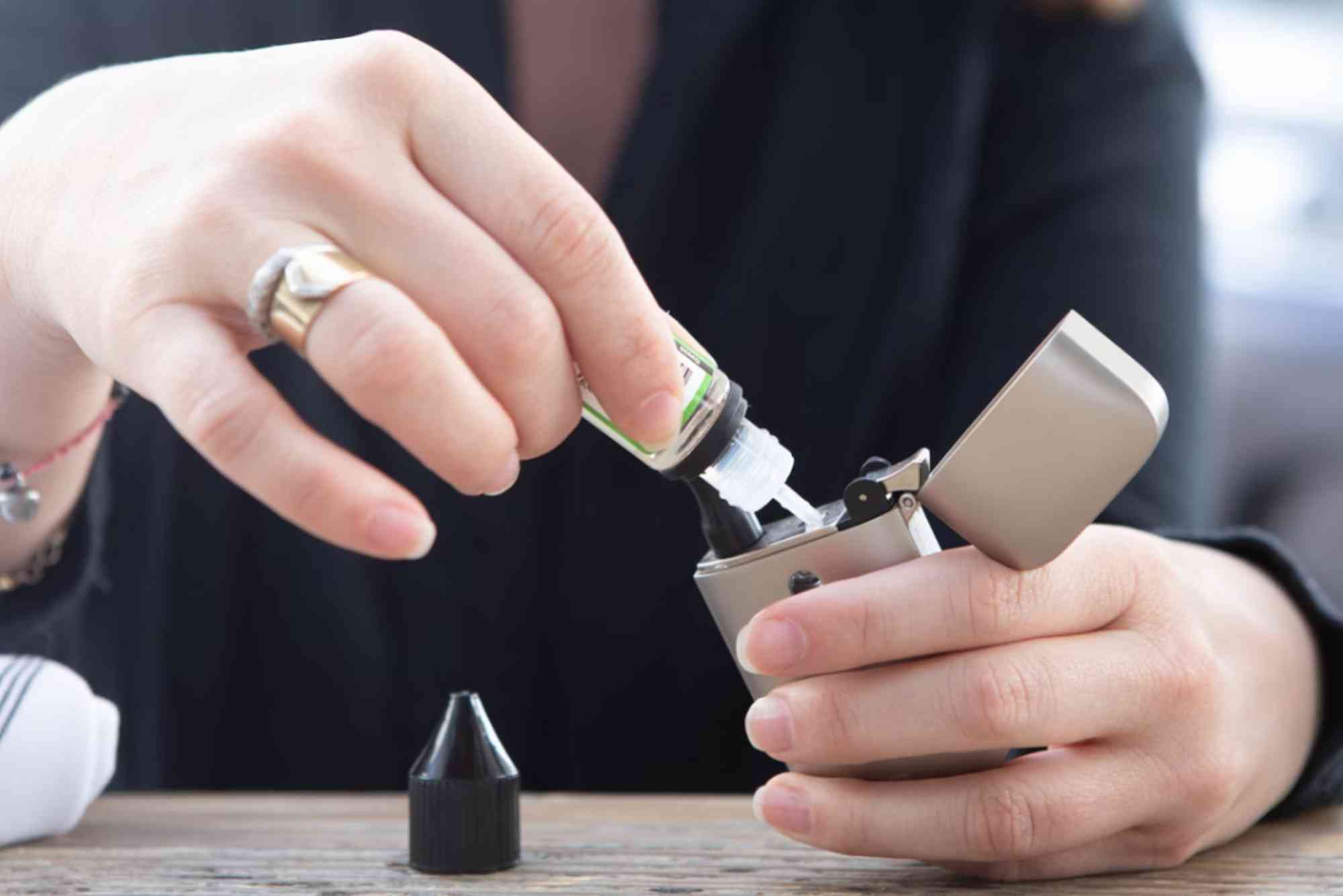Should UAE Ban Certain Vape Ingredients?
The use of e-cigarettes, commonly known as vapes, has skyrocketed globally in recent years. In the UAE, vaping has gained significant popularity, especially among younger populations, due to the perception of it being a safer alternative to smoking traditional cigarettes. However, there is increasing concern over the health risks associated with vaping, particularly the ingredients used in vape liquids. This has led to the question: Should the UAE ban certain vape ingredients?
Why Are Certain Vape Ingredients Controversial?
Vape liquids, also known as e-liquids, contain several ingredients that are essential for producing the vapor, flavor, and nicotine delivery. While vaping is often marketed as a healthier alternative to smoking, concerns are growing about the safety of these ingredients and their long-term effects on health.
Common Ingredients in Vape Liquids
Vape liquids are typically composed of four main ingredients:
Propylene Glycol (PG): A chemical used as a carrier for flavoring and nicotine. PG is generally recognized as safe in food and medical products, but its safety in inhaled form has not been fully studied.
Vegetable Glycerin (VG): A plant-based liquid that produces large vapor clouds. It is also considered safe for ingestion but can cause irritation when inhaled in large quantities.
Nicotine: The addictive substance that drives most people to vape. While nicotine is known to cause addiction, its role in the toxicity of vaping is still debated.
Flavorings: The flavors used in e-liquids can range from fruity to candy-like. Many of these flavorings are safe when consumed orally, but their safety when inhaled is still under question.
Harmful Chemical Byproducts
When heated, some vape ingredients break down into harmful byproducts. For instance, formaldehyde and acetaldehyde can form in high temperatures, both of which are known carcinogens. Additionally, the use of diacetyl, a chemical associated with popcorn lung disease, in certain flavors has sparked serious health concerns.
The Case for a Vape Ingredient Ban in the UAE
Given the health risks associated with certain vape ingredients, there is a growing movement to impose a ban on specific substances used in e-liquids. Below are some key reasons why a vape ingredient ban in the UAE might be necessary.
Protecting Public Health
Vaping is often seen as a safer alternative to smoking, but this does not mean it is risk-free. The long-term effects of inhaling certain vape ingredients are still not fully understood, and the potential for harm, especially for young and non-smokers, is concerning.
By banning potentially harmful ingredients like diacetyl, which is linked to lung disease, the UAE could take a proactive approach to safeguard public health. This is especially important as vaping has become a trend among teenagers and young adults, groups who are more susceptible to addiction and health risks.
Regulating Unregulated Ingredients
The vaping industry, particularly in terms of ingredient safety, is largely unregulated in many parts of the world, including the UAE. There are concerns about the lack of oversight regarding the quality and safety of ingredients used in e-liquids. By implementing a ban on certain ingredients, the UAE government could enforce higher safety standards for vape products, ensuring that only non-harmful ingredients are used.
Reducing Youth Vaping
Youth vaping has reached alarming levels globally, with the UAE being no exception. The appeal of sweet and fruity vape flavors has been particularly popular among minors. By banning certain vape ingredients, the UAE could reduce the allure of vaping for young people, thereby preventing nicotine addiction and other potential health risks.
Setting a Global Example
By taking decisive action on vape ingredient regulation, the UAE could position itself as a global leader in public health. Many countries are already considering or have implemented similar bans on dangerous vape ingredients. A proactive approach could help the UAE set an example for other nations in the Middle East and beyond.
The Case Against a Vape Ingredient Ban in the UAE
Despite the growing concerns, there are valid arguments against implementing a vape ingredient ban in the UAE. These arguments center around personal freedom, the economy, and the effectiveness of such a ban.
Personal Freedom and Choice
A key argument against a vape ingredient ban is that adults should have the right to make informed choices about their own health. While vaping may carry some risks, many believe that as long as consumers are aware of these risks, they should be free to make their own decisions. A ban on certain ingredients might be seen as an overreach of government control, infringing on individual freedom.
Economic Impact
The vaping industry in the UAE is a significant contributor to the economy, with many businesses thriving on the sale of vape products. Banning certain ingredients could lead to a loss of revenue and job opportunities, especially for local manufacturers and retailers who depend on the sale of e-cigarettes and vape liquids.
Additionally, a ban could lead to the growth of the black market for vape products, making it harder to regulate and ensure the safety of these products. The government would also lose tax revenue from the sale of vape products.
Lack of Evidence for a Ban
While there is growing concern about the safety of certain vape ingredients, some experts argue that there is insufficient scientific evidence to warrant a complete ban. The long-term health risks of vaping are still being studied, and many believe that more research is needed before implementing drastic measures like a ban.
Rather than banning specific ingredients, some experts suggest that a more effective approach would be to impose strict regulations on quality control, labeling, and the marketing of vape products to ensure consumer safety without overregulation.
What Could the UAE Do Instead of a Complete Ban?
While a full ban on vape ingredients may not be the best solution, there are several alternative measures the UAE could take to protect public health and regulate the vaping industry.
Stricter Quality Control Regulations
Implementing more stringent quality control standards for vape ingredients could ensure that only safe, regulated substances are used in e-liquids. This could include rigorous testing of vape products to check for harmful chemicals and ensuring that all ingredients used in the production of e-liquids are approved for inhalation.
Labeling and Warning Labels
The government could require clearer labeling on vape products, including information about the ingredients used and their potential risks. Warnings about the dangers of vaping, particularly for minors and non-smokers, could help educate the public and reduce the allure of vaping among vulnerable populations.
Awareness Campaigns
Rather than a ban, the UAE could launch nationwide awareness campaigns to educate citizens about the risks of vaping and the importance of informed decision-making. These campaigns could target both smokers looking for alternatives and young people who may be tempted to try vaping.
Should the UAE Ban Certain Vape Ingredients?
The question of whether the UAE should ban certain vape ingredients Ban UAE is a complex one. While there are valid concerns about the safety of certain ingredients and the growing prevalence of vaping, there are also compelling arguments against implementing a full ban. Instead, the UAE may consider alternative solutions, such as stricter regulations and public awareness campaigns, to address the issue without overregulating the industry.
Call to Action: If you believe in the importance of regulating vape ingredients in the UAE, share your thoughts with us in the comments below. What steps do you think the government should take to ensure the safety of vaping products?
FAQ
1. Why should the UAE consider banning certain vape ingredients?
The UAE should consider banning certain vape ingredients to protect public health, particularly the health of young people and non-smokers. Harmful chemicals, like diacetyl and formaldehyde, could have serious long-term effects on health.
2. What are the risks of vaping?
Vaping can lead to respiratory issues, nicotine addiction, and long-term lung damage. The chemicals in vape liquids can break down into harmful byproducts, increasing the risk of respiratory diseases and other health problems.
3. Which ingredients in vape liquids are considered harmful?
Some harmful ingredients in vape liquids include diacetyl (linked to lung disease), formaldehyde, and acetaldehyde (both known carcinogens). Additionally, high levels of nicotine can lead to addiction.
4. Would banning vape ingredients hurt the UAE economy?
Banning certain vape ingredients could hurt the local economy by impacting businesses that manufacture and sell vape products. However, the health benefits might outweigh the economic drawbacks in the long term.


